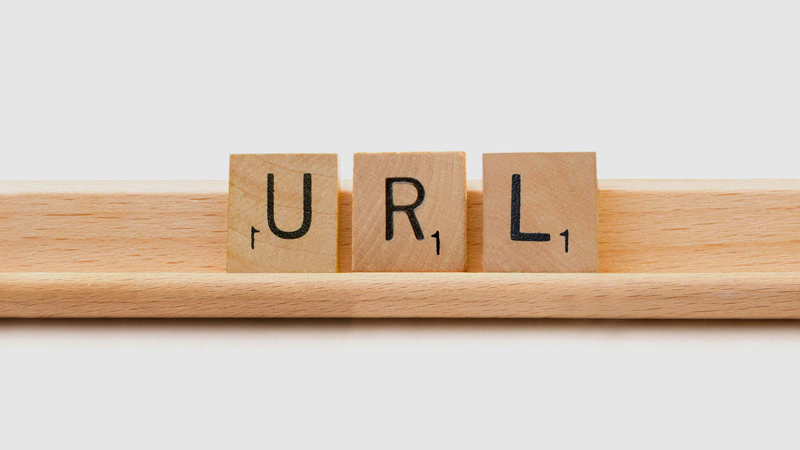The web address in the browser which connects web users to website content has long remained limited
to Latin characters until the application of Internationalized Domain Name in May 2010.
Nowadays, we are witnessing more and more full-length URLs in non-Latin scripts,
known as internationalized domain names (IDNs). Some of the working examples are the below:
- detrèsbonsdomaines.com
- 名がドメイン.com
- 山东大学.cn
 What is an Internationalized Domain Name?
What is an Internationalized Domain Name?
An internationalized domain name (IDN) is an Internet domain that contains one or more non-ASCII characters,
for example, ó, ü or ø. ASCII stands for
American standard code for information interchange and it
is a numeric code used to represent all the upper and lower-case Latin letters,
numbers, punctuation, etc. and is absent of any special format information, like italics or diacritics.
On the contrary, internationalized domain names can contain diacritics,
as well as characters from non-Latin scripts, such as Arabic, Hebrew, Chinese or Hindu etc.
IDN allows web URLs to display in the local language of the Internet User instead of
English only.
Registration of IDN
The Internet was not designed to be multilingual. The domain name system (DNS)
was intended only to support the characters a through z, A through Z, 0 through 9, and the hyphen.
When a registrant an IDN from a registrar that supports IDNs,
the registrar converts the local-language characters into a sequence of supported letters using an
ASCII-compatible encoding (ACE). Those letters designed for use with Internationalized Domain Names
are called Punycodes.
The registrar submits the Punycode of the IDN to the Verisign® Shared Registration System (SRS)
where the IDN will be registered after validation. Below is an example of the conversion:
detrèsbonsdomaines.com -> xn--detrsbonsdomaines-vsb.com
How do browsers read and resolve IDNs?
Similar to the registration of IDN, when a user types in
a URL with non-ASCII characters, the browsers
will then send a DNS query with the Punycode of the IDN.
The encoded form of the domain name contains only English letters (A-Z),
numbers (0-9) and hyphens (-) ensuring that it is
compatible with all DNS resolvers, DNS servers, web-servers, etc..
Should I use IDN for my website?
Although IDNs are becoming more and more common, business owners
need to consider the complications related to supporting IDN:
- How to support IDN all over the website? URL input fields that automatically block non-Latin characters may need to be modified.
-
How should IDNs be promoted?
Should companies display both ASCII and IDN URLs, and which URL should be the gateway?
- If the domain is in a different script, should subdirectories also be in the same script?
Although there are many factors to consider before using IDN, we've got you covered if you already made up your mind to do so.
Registering an IDN with us is the same as registering a regular domain name.
You simply need to type the IDN in the search box and check its availability.
Moreover, you can also
manage the DNS records for your already registered IDN with us for free.